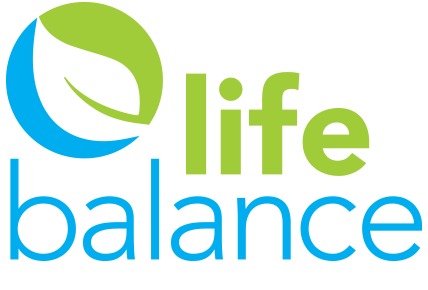Qigong Classes
The ancient practice of Qigong [pronounced Chee-gong] has been something of a mystery for a long time. Although not as well known as Tai Chi or Yoga, it has similarities and has become increasingly popular all around the world. The motions sometimes seem simple and uncomplicated, yet practitioners often live uncommonly long and healthy lives. Why is that?
I am fortunate in that I was able to learn Qigong from experienced masters in the 1990’s. I have been practicing and teaching since then. In the last 10 years, I have become a naturopathic doctor and an acupuncturist. My medical training and experience gives me a much deeper understanding of how Qigong works on the body, and has allowed me to simplify the process of learning & practicing this amazing art.
“My medical training and experience gives me a much deeper understanding of how Qigong works on the body. Now, I have simplified the process of teaching this amazing art to make it easy for you to learn.”
As the world has been catching on to the incredible benefits of Qigong, medical science has been trying to understand its effects. The benefits of Qigong can be categorized as internal (or having to do with the internal organs), and external (having to do with your muscles, bones & joints). Breathing, breath control and learning to use your respiratory system properly is the foundation of all these benefits -- and there are many.
“External” Benefits:
Flexibility
Core Strength / Muscle Tone
Balance & Coordination
Muscle/Joint Pain
Decrease Inflammation
“Internal” Benefits:
Circulation (Blood, Lymph, CSF)
Massages Abdominal Organs
Strengthens Lungs
Blood Oxygen Levels
Psychological Benefits:
Stress Management
Decrease Anxiety
Lessen Depression
Specific Conditions Qigong can help with:
High Blood Pressure
High Cholesterol
Diabetes Type 2
Low Back Pain / Neck Pain
Fatigue
Several more
Benefits
As the world has been catching on to the incredible benefits of Qigong, medical science has been trying to understand its effects. The benefits of Qigong can be categorized as internal (or having to do with the internal organs), and external (having to do with your muscles, bones & joints). Breathing, breath control and learning to use your respiratory system properly is the foundation of all these benefits -- and there are many.
Internally, the rhythmic abdominal contractions & movements have long been known to increase circulation throughout your body. Blood circulation through your veins, as deoxygenated blood is carried back to your heart & lungs, is greatly supported. Lymphatic circulation, which is so essential for your immune function, is greatly increased. Even your cerebrospinal fluid circulation, which is key for the health of your spinal cord & brain, is fortified as your lower spine moves rhythmically to your breath. The health and vitality that is experienced from the increased movement of these life-giving fluids cannot be overstated.
Studies have found that Qigong practice has a profound effect on improving flexibility / strength of muscles & joints, and decreasing many kinds of pain. With Qigong, the segments of your spine are mobilized in order to remove soreness, inflammation & tightness, which amounts to a stronger and more comfortable back. Core strength, which is an important marker of good health & longevity, is fortified. Posture is improved; balance is improved; and there is even evidence that coordination is increased with regular practice.
The lungs can expand their capacity to gather oxygen and the diaphragm, the main muscle in charge of breathing, is strengthened.
As the abdominal and lower back muscles contract and relax, the main abdominal organs are massaged and circulation is improved in your liver, spleen, pancreas, kidneys, stomach and intestines. Even your adrenal glands, which sit on top of your kidneys and control so many aspects of your health, are benefited from the abdominal breathing practice that is unique to Qigong.
Mentally, Qigong has a calming & mood stabilizing effect and so can be helpful with depression and anxiety. Since the practice requires patient and careful focus, while significantly raising your blood oxygen level, Qigong has been shown to improve focus & cognition.
Specifically, there is evidence that if practiced regularly, Qigong can help:
arthritis
low back pain
neck pain
sleep apnea
fatigue
cognition in older adults
inflammation
adjunct cancer care
with high blood pressure
high cholesterol
Diabetes Type 2
COPD
stress management
anxiety
depression
chronic pain



